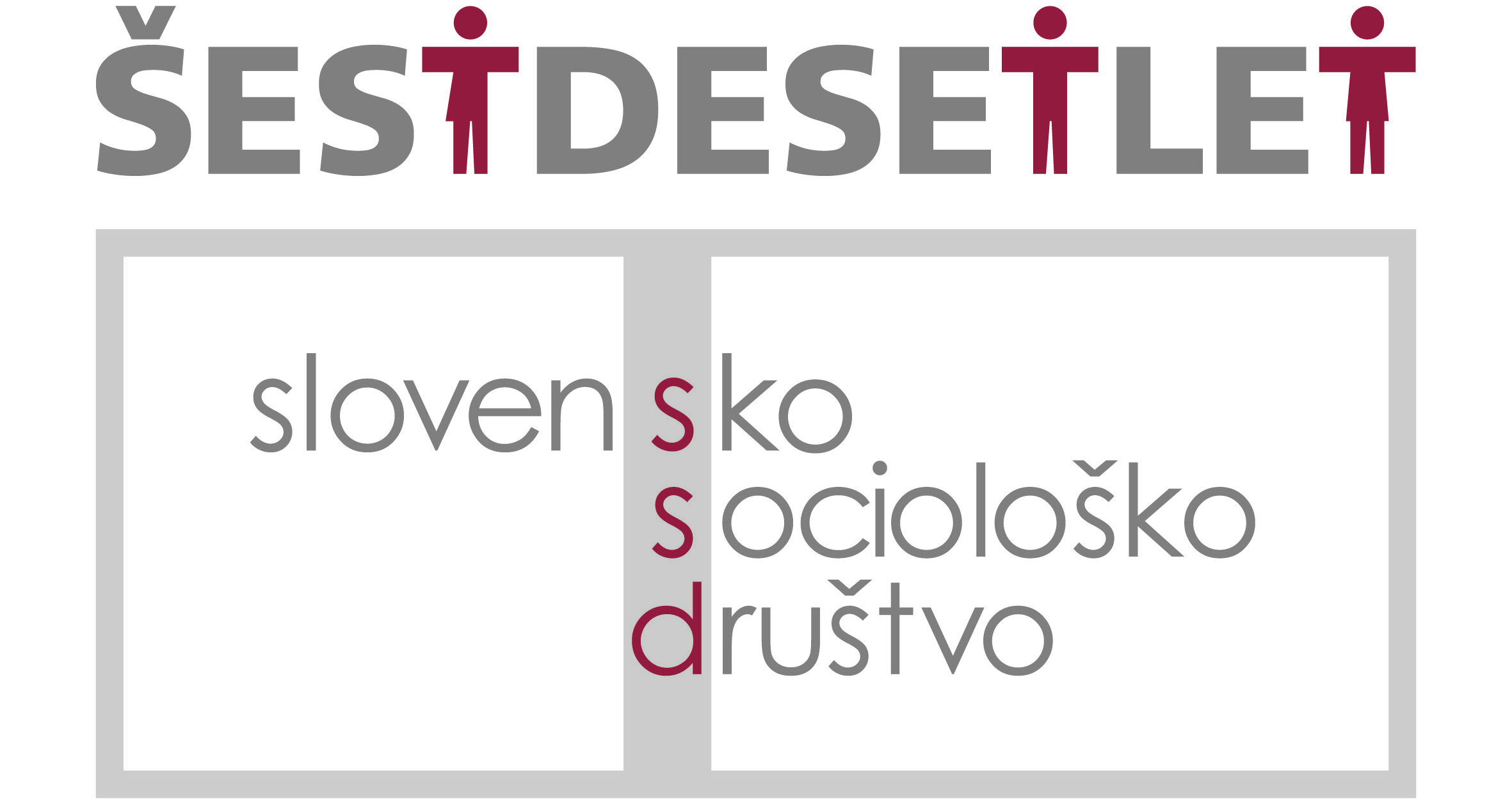Social Science Forum 80 (XXXI)
The Metaphor Of The Dawn Of The Space Age In The Contemporary Social Sciences And Humanities
Natalija Majsova
ABSTRACT: The dawn of the space age in the early 1960s first provoked unabashed awe. Then, it inspired numerous attempts to explain (away) the evental status of the first examples of manned spaceflight accounts that mainly interpreted Yuri Garagin’s flight (1961) and the Moon landing (1969) as logical consequences of technological progress, a certain con- stellation of political circumstances, and a pinch of ‘imagination’ to begin with. Curiously enough, conclusions of the vast majority of such accounts cannot but resort to ‘terrestrial’ metaphors in order to explain why these endeavours were worth undertaking in the first place. In the 21st century, reflections on outer space seem to have settled within three con- ceptually designed research fields within the social sciences and humanities: astrosociology, noocosmology and cultural studies of outer space. The text analyses conceptualisations and accounts of the dawn of the space age exhibited by the core texts and methodologies of these research fields to demonstrate how they actually hinge on variant epistemologies, and interpret the role of metaphor in world-formation in radically differing ways.
KEY WORDS: metaphor, space age, astrosociology, noocosmology, cultural studies of outer space
>> Download
And The Word Was Made Flesh, And Dwelt Among Us: On Zombies, Political Protests And The Transmodality Of Political Metaphors
Ilija Tomanić Trivundža
ABSTRACT: Built around a case study of the zombie metaphor used to denigrate protesters during the popular political uprisings in Slovenia during the winter of 2012–2013, this article introduces the notion of a transmodal metaphor to capture the many roles and modalities which political metaphors can acquire when employed in societal power struggles. The article is based on a qualitative multimodal framing analysis of media reports on protests in six Slovenian print and online media, showing the prominent role the zombie metaphor and its many multimodal manifestations played as a framing device in mainstream media coverage of the protests and in their rejection of the protest paradigm as the prevailing mode of journalistic reporting of the protests.
KEY WORDS: metaphor, protest paradigm, framing, zombies, multimodal analysis
>> Download
Metaphors In The Discourse Of The National
Ljiljana Šarić
ABSTRACT: This article provides a general overview of the intersecting fields of metaphor research and research on ‘nations’ and ‘the national’, reflecting on the levels at which metaphor is relevant to the study of these concepts. Many case studies concentrating on specific issu- es, such as EU integration, have demonstrated that metaphors play a role in constructing both national and supranational identities (see e.g., Marks 2004; Hülsse 2006; Musolff 2000 etc.). However, a general overview of the levels at which metaphors are relevant to the study of ‘the national’ is still lacking. This study addresses these levels by focusing on three topics: the banal reference to the nation as a personified individual and its possible implications, the family metaphor as the key metaphor that constitutes the nation and re- lated concepts in public and nationalistic discourse, and the type and role of metaphors in scholarship concerned with nations.
KEY WORDS: conceptual metaphors, deliberate metaphors, conceptualisation of nations, nationalism
>> Download
Slovenia: two social systems in a changing collective consciousness
Maca Jogan, Živa Broder
ABSTRACT: In Slovenia, the shaping of an autonomous state also meant replacing the socialist system with a capitalist one. The article presents the Slovenian population’s changing evaluation of these two systems based on data collected through the Slovenian public opinion survey from 1990 to 2013. The analysis considers general assessments regarding: a) the socialist period in general and by time sequences; b) the quality of life before and after establishing the independent state; c) the relationship to the notions of Europe, socialism and capitalism, which are complemented by the respondents’ statements on how four selected notions (justice, humanity, inequality and well-being) correspond to their images in both systems.
KEY WORDS: anticommunism, democracy, capitalism, inequality, socialism
